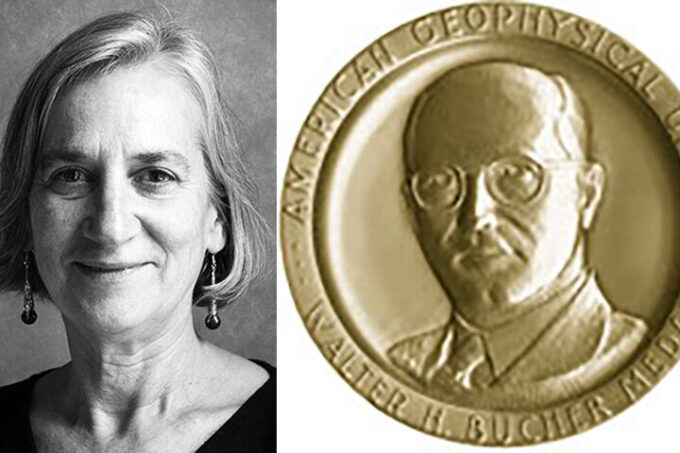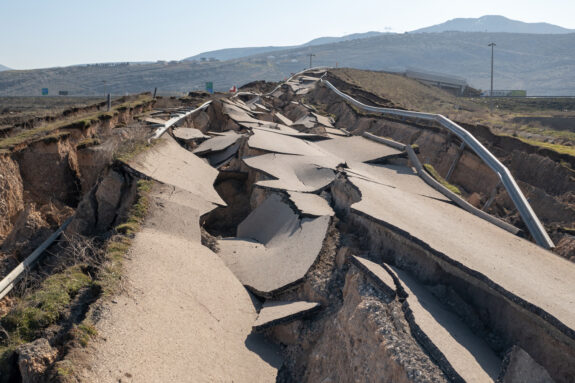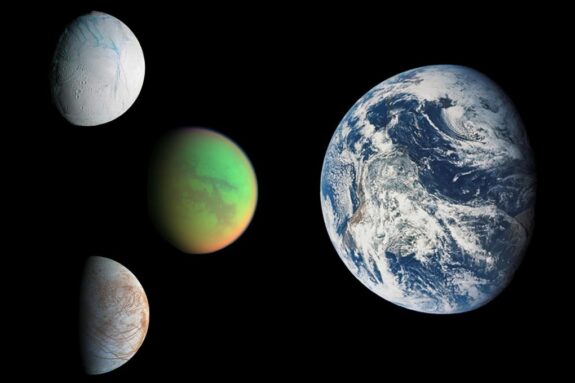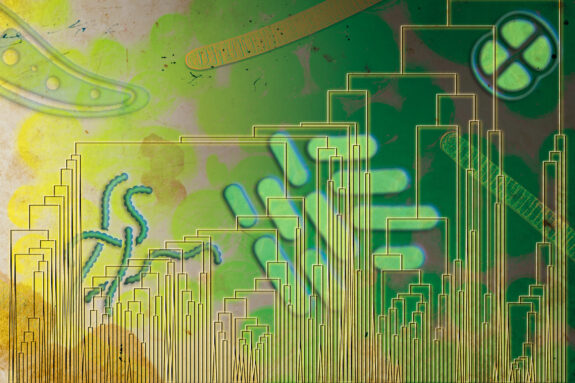Leigh “Wiki” Royden is a leader in the study of geodynamics, where she masterfully combines physical models with geological observations. Her unique perspective, creativity, and expertise have led to a range of diverse work that has led to profound insights into tectonophysical processes based on beautifully simple and physically insightful theory. In particular, Dr. Royden made vast new inroads in the understanding of the processes that control mountain building, subduction, and continental deformation. Among her most impressive accomplishments are four main topics: the dynamics of subduction, the development of sedimentary basins, the thermal evolution of mountain belts, and the dynamics of flow in the lower crust and its relevance to the growth and structure of mountain ranges and high plateaus. As an example, the range of expressions of the slab pull force during subduction and its expression on the surface were one of the early guiding insights of Royden’s scientific career. She showed how the origin of foreland basins, trench migration rates, and topographic and gravimetric signatures all depend on the force equilibrium and pressure distribution in and around subduction zones. This vision provides a completely new and original understanding of subduction process, with insightful application to and prediction of Mediterranean subduction zones. She explored the thermal evolution of mountain belts, predicting metamorphism and the dynamics of flow in the lower crust and its relevance to the growth and structure of mountain ranges and high plateaus, with application to the case of Tibet.
This masterful combination of geophysical and geological field work and theoretical analysis spurred numerous follow-up studies and a profound revision of how we think about subduction, orogeny, and, more generally, continental dynamics.
Besides her fundamental scientific contributions, Dr. Royden has also been actively engaged with the wider community by means of a number of important service commitments on a national and international level. Dr. Royden has been a champion of inclusivity and diversity within the Earth sciences for decades and has mentored numerous junior researchers, as well as engaging in direct action to address career challenge issues for female faculty.
—Claudio Faccenna, University of Roma Tre, Rome, Italy; also at University of Texas at Austin
Response
It is a great honor, and pleasure, to be awarded the 2019 Bucher Medal. As I write this, I anticipate that I will be on a ship in Antarctic waters during the 2019 AGU Honors Ceremony, but my mind and spirit will be very much with my assembled friends and fellow scientists. I have come to realize the great good fortune that we, geoscientists, have, that we belong to a global “village.” We come from different backgrounds, nationalities, and cultures but are united in our passion for understanding the processes that shape our place in the universe, the Earth, the planets, the stars, the mountains, the origins and evolution of life itself. Together we advance this understanding through our shared work, collaboration, and friendship.
Of the many people who have been so important to my scientific life, I would like to single out three who supported and contributed to my early years as a scientist: first, my Ph.D. adviser, John Sclater, without whom I would have become a rowing coach rather than an Earth scientist—John emphasized the importance of risk taking in scientific research, with the statement “if you are never wrong, you are not sticking your neck out far enough”; second, my Massachusetts Institute of Technology (MIT) colleague and former husband, Clark Burchfiel, who taught me almost everything I know about field geology and the importance of interpreting field data within a larger tectonic context; and third, my former MIT colleague Marcia McNutt. As I watched Marcia, a few years senior to me, doing it all—professorship, tenure, children—it never occurred to me that as a woman, I could not do all these things too.
As I envision the stage containing this year’s honorees, I think how wonderful to see so many women recognized for contributions to science at the highest level. A remarkable event, worthy of celebration. And yet…I look ahead to a time when this stage hosts so many women scientists that we no longer find it remarkable.
—Leigh Royden, Massachusetts Institute of Technology, Cambridge



